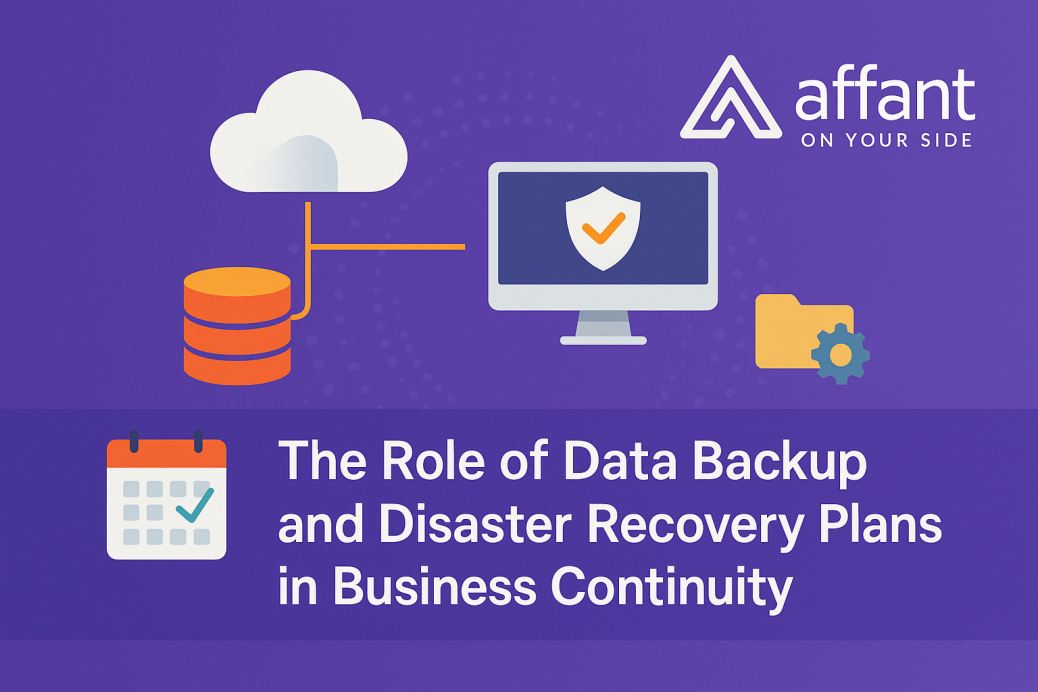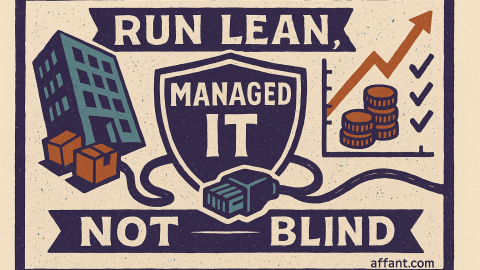In today’s fast-paced, digitally driven world, businesses rely heavily on their data to maintain operations, make critical decisions, and provide exceptional service. The need to safeguard this data has become paramount, particularly as organizations face a growing number of threats—ranging from hardware failures to cyberattacks and natural disasters. A robust data backup and disaster recovery (DR) plan is no longer a luxury; it is a non-negotiable requirement for any business determined to ensure continuity in the face of adversity.
Understanding Business Continuity and Its Importance
Business continuity is all about keeping your organization up and running, even when the unexpected occurs. Whether it is a global crisis, a local weather event, or a single piece of hardware failing in your office, being prepared can mean the difference between a brief interruption and a catastrophic shutdown.
When data—the lifeblood of most modern businesses—is lost, compromised, or inaccessible for an extended period, the consequences can be devastating. Loss of revenue, damage to reputation, strained client relationships, and regulatory penalties are just some of the potential outcomes. Having an effective plan for data backup and disaster recovery is the best way to mitigate these risks.
The Role of Data Backup in Business Continuity
Data backup is the foundational element of disaster recovery planning. It involves creating copies of your data and storing them in a secure location—preferably offsite. Here’s why backing up data regularly is so crucial:
- Protection from Hardware Failures: Hard drives and servers don’t last forever. Even the best equipment will eventually fail, and such failures can happen unexpectedly. A reliable backup strategy ensures critical data is not lost if a system crashes.
- Defense Against Cyberattacks: Ransomware and other malicious attacks can encrypt or corrupt critical files, leaving businesses helpless if they don’t have clean backup copies ready to restore. Regular backups act as a safety net, enabling you to recover data without paying a ransom or suffering extended downtime.
- Resilience Against Natural Disasters: Floods, fires, and earthquakes are just a few examples of natural disasters that can destroy hardware. Storing your backups in a secure, offsite facility (or in the cloud) keeps your data protected regardless of physical location, ensuring you can resume operations as soon as possible.
Disaster Recovery Plans: More Than Just Backups
While backups are vital, they are only one part of the bigger disaster recovery picture. A comprehensive DR plan includes:
- Infrastructure and Network Redundancy: Having failover systems ready to take over in case of an outage can significantly reduce downtime.
- Detailed Recovery Procedures: Clearly documented steps ensure that everyone knows what to do, when to do it, and how to verify systems are operational again.
- Regular Testing: Even the most advanced DR plan can fail if it isn’t tested. Frequent drills and simulated disasters help identify gaps, validate procedures, and keep teams prepared.
With a robust disaster recovery plan, businesses can shift from a state of panic to a methodical approach to restoration when something goes wrong.
Planning for Success with Continuous Support
Even if you have excellent in-house IT capabilities, managing data backups can be resource-intensive and complex. Keeping pace with evolving threats, rotating backup media, storing backups securely, and testing recovery strategies all require consistent attention.
This is where Affant’s data backup monthly services can support your business. By leveraging expert oversight and seamless, scheduled updates, you can rest assured that your backups are being created reliably and stored securely. A managed approach also means your backups are routinely tested, ensuring they will perform as expected when needed most.
The Long-Term Value of a Reliable Backup and DR Strategy
A well-structured data backup and disaster recovery plan is akin to a safety net. While you may never need to use it, having it in place offers peace of mind—and in the event of a crisis, it can save your business. From improved customer trust to safeguarding your reputation, the benefits of effective disaster recovery measures extend far beyond financial security.
By investing in ongoing, professional services—like Affant’s monthly data backup solutions—organizations gain a true partner in protecting critical data. Proactive strategies, routine testing, and swift expert support help you remain resilient, no matter what unexpected events come your way.
Conclusion
Data backup and disaster recovery are indispensable components of any business continuity plan. Whether a hard drive fails, a cybercriminal strikes, or nature disrupts operations, having a robust and frequently tested backup is your best defense against debilitating downtime. Combining a sound internal strategy with trusted services, such as Affant’s data backup monthly offerings, ensures that your organization is prepared to face both everyday challenges and extraordinary crises—enabling you to focus on growth and innovation rather than worrying about what could go wrong.
Remember: The time to think about backup and disaster recovery is long before a threat materializes. By making these strategies part of your business’s ongoing efforts, you’re investing in not only protection—but in the future success and stability of your company.











